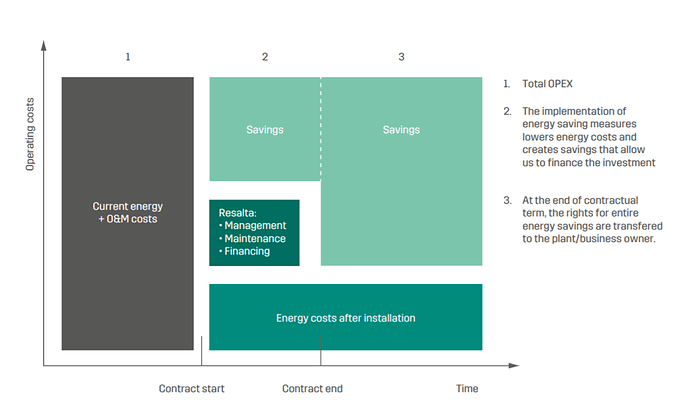Add and edit this post by pushing the “edit” button below
Half-baked topics serve as conversation bookmarks
Keep it concise, branch off as one topic becomes too big and deserves its own post
Topics (So Far)
2nd October
- Passports vs Network Access Tokens - Passports imply identity, that comes with a lot of issues. Tokens/Badges are better as they could be assigned to nameless wallets by one community, to be recognized by other. Is there such a thing as negative badges?
- Open Value Networks - How can networks be created to openly exchange value instead of money. See Sensorica
- Rules vs Patterns - Are rules needed in a community, or a pattern library is sufficient to handle tasks?
Materials to study:
https://valueflo.ws A vocabulary for the distributed economic networks of the next economy
Sensorica Various agreements for open value networks and open alliance
3rd October
- Pitfall avoidance for community systems - What happened to the hippies? Why did they fail? internal or exterior pressure? Money running out and local communities failing? How to avoid Wild wild country situations?
-
Belief Systems - cryptocurrencies and by extension any system that deals with extrinsic values is propped up by belief of the participants. To the developer it all is the same - just data.
-> Extrapolating this into memespace leads to resource-based economic systems on one hand and cryptocurrency as religions on the other. Research: Modern religions that are based on tropes (Jedi), conviction (Church of the flying spaghetti monster). -
Tax free value exchange. If the belief is explicit (eg: technology will save us) you can send a request “prayer” and the technological god will send someone to satisfy it. See Cargo Cult
-> The church of Doge and the importance of memes -
Demurrage how can that be used in crypto space
to incentivize value exchange? What’s the relation with a Token Bonding Curve in terms of investment?
4th October
- CO2 footprint of Ethereum - In line with the default world’s media craze of the moment we can calculate the total estimated CO2 footprint of Ethereum. Community flocking, mining, other data points? The purpose of such an experiment is to have one more convincing reason of changing behaviour of the “community” at a large scale and drive behaviour to sustainable models (i.e. instead of short conferences all over the globe, permanent open communities are established). Low hanging fruit to consider in an immediate timeframe is i.e. Chainlink Hackathon and Devcon 5 that is taking place in Japan where the largest part of the community had to travel by airplane.
Doc introducing CO2 offsetting as a financing model + use cases (and ESCos as well): https://cryptpad.fr/pad/#/2/pad/edit/IzWpRqbMm0P5zd5WhnVpHf5c/
- Community Toolbox - Software that cements patterns to supersede rules driven community resources. I.e. access control, resource Sharing tracking, etc. Brainstormes purposes: Practical management that enables automation to replace human administration, mitigate community destroying attack vectors, outreach and onboarding in other communities that have a need for the same solutions.
6th October
Links:
- “WTF is MetaGame?” by pΞTH https://link.medium.com/NRKxeUday0
- https://www.poetryfoundation.org/poems/49303/howl
- ESCo financing model for sustainable infrastructure:
- When COOPs meet DAOs - interview - https://blog.autark.xyz/when-co-ops-meet-daos-interview-with-nathan-schneider/amp/?__twitter_impression=true
7th October
- Badges:
- Iteration1 - Use discourse badge system, look at automated badges
- Iteration2 - Decide on co-opting existing badge system based on ERC 721. Most prominent example is Gitcoin kudos:
https://medium.com/gitcoin/announcing-open-kudos-e437450f7802
https://github.com/OpenKudos/OpenKudos/issues/1
Difference between protocol and platform (relevant to conversation about serendipity network). Protocol is tech underneath, serendipity would be one platform on top. And per the words from Geneva, "platform means enslavement. That can be okay, but it’s important to be aware of it, pros / cons, and to understand the protocol underneath.
- Gamification and behavioral design by Yu-kai Cho - i.e. the Octalysis framework (@discussion about points and incentivization)
https://yukaichou.com/gamification-examples/octalysis-complete-gamification-framework/
Discussion on Gifting "Knowledge"
- Conversation about taking care when playing with intrinsic motivations, adding rewards to the mix, and changing those motivations/creating second-order effects
- Do Kudos work? Kay mentioned example of Kudos from gitcoin which introduces something novel. Every kudos is a unique badge, given from one person to another. You presumably can’t accumulate much more of that type of kudos. So it’s qualitative, not quantitative. Could provide the relevant information we’re looking for (in terms of recommendations, qualifications, etc.) without stimulating competition and second-order effects
– Excerpt from the piece on Kudos that Kay linked above
- The Need for Intrinsic Motivation
Open Source has historically been a very intrinsically motivated pursuit. Software enthusiasts spend their free time working nights and weekends on software — artists more interested in honing their craft than making a profit.
Gitcoin’s first product, the Gitcoin Issue Explorer, has pulled Open Source Software development into a more extrinsic direction. Because our primary product is a financial reward for open source, it’s created a culture of extrinsic motivation for working on tasks.
Kudos is designed to pull our community back in the direction of intrinsic motivation.
